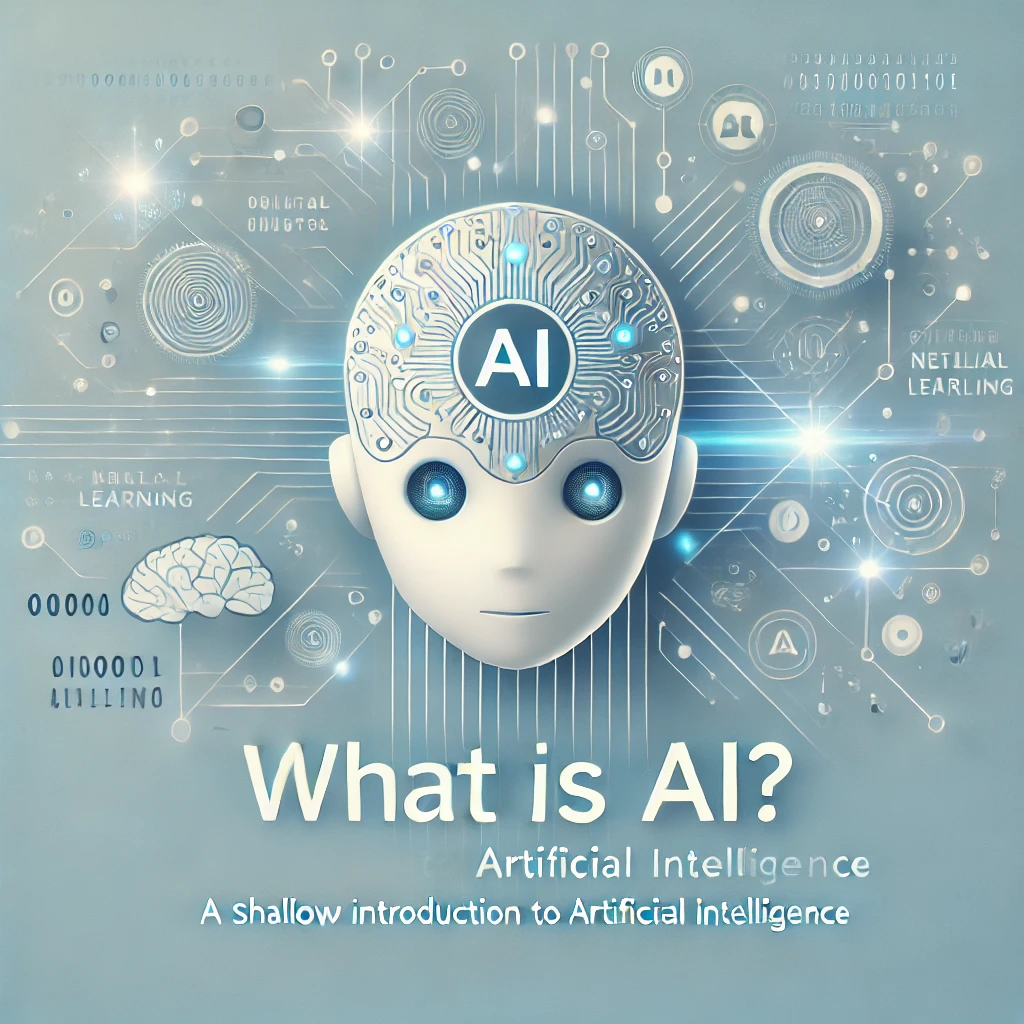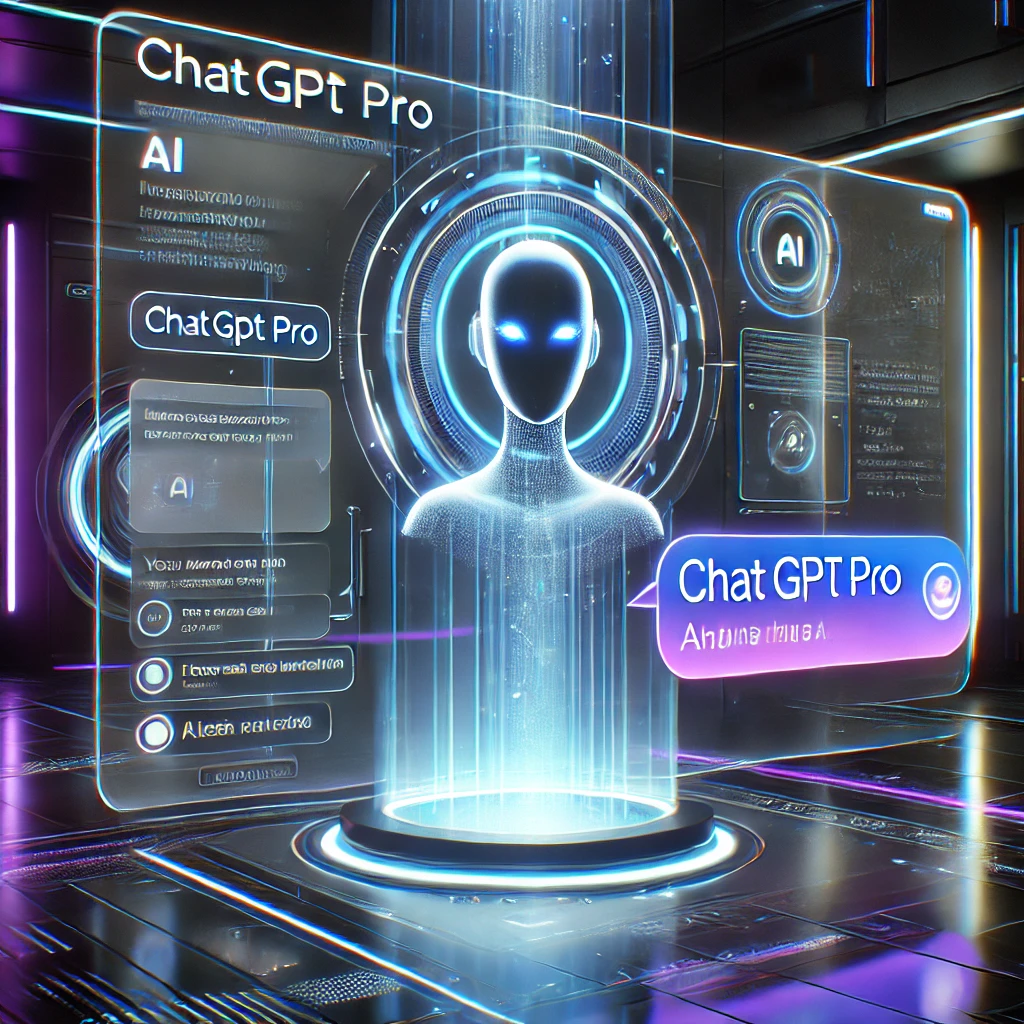What is AI? A Shallow Introduction to Artificial Intelligence
Artificial Intelligence or AI is a word we come across more often than any day. But really what is AI? This blog gives you a surface-level idea about AI.
Simply put, artificial intelligence is setting up computers to think like us: humans and to learn like like humans. This includes mimicking several human intelligence processes, such as understanding written and spoken words and recognizing voices and images.
In today’s context, many companies and tech products label their services and products “AI” or “AI-powered” just because of the attention they get. But the reality is somewhat different. Most of them are products of machine learning, a kind of old and well-established technology that has been around the tech world for many years. Building and training “AI algorithms” requires some specialized hardware and software. In general, AI works by taking in large sets of labeled data—data that’s been organized and tagged with specific details. The AI analyzes this data, spotting patterns or connections, and uses what it learns to make predictions or decisions about new data. This process helps AI make better, more accurate guesses over time.
How does AI work?
Programming AI systems is focused on several cognitive skills:
- Learning is how AI collects information and develops rules, also called algorithms. Algorithms instruct the system through a series of steps to accomplish certain things. These algorithms guide the system, giving it step-by-step instructions to complete certain tasks.
- Reasoning: Chooses amongst the best algorithms to accomplish a particular goal. The skill makes the system land on the most effective method to achieve the training goal.
- Self-improvement: This is another area of continuous improvement by AI. Algorithms get tuned and keep improvising over time to help the system produce more accurate results by learning from new incoming data.
- Creativity: This is the ability of AI to create original ideas, images, text, music, and other content using tools such as neural networks, rule-based systems, and statistical methods.
Why is AI important?
Now, you may understand that AI is as useful as it is powerful, transforming, augmenting, and quite revolutionizing the old-fashioned way of getting things done through computer programs. So, it affects how one lives and works. Within business, AI is already generating value by automating tasks people used to manage, from customer support to lead generation, fraud detection, and quality control.
In most things, AI can do things faster, better, and more precisely than people. Especially tasks that require repetition and attention to minute detail. This includes analyzing large sets of data, processing them, extracting any necessary details, and even making dynamic conclusions from them. Most importantly with all these new generative AI tools evolving at the speed of light, we see AI taking center stage in almost all areas, starting with education, marketing, or product design to even on battlefields. The most fascinating thing is that AI is not solely about increasing efficiency; it has led to opening entirely new areas to explore, new business opportunities, and new learning opportunities.
What are the advantages and disadvantages of artificial intelligence?
In deep learning models like artificial neural networks, large data sets can be processed much more easily, faster, and accurately to make efficient conclusions and predictions. When it comes to big data analysis, while it seems impossible for a human to analyze and research it, AI makes it happen in much less time.
Advantages of AI
- Increased Productivity and Efficiency: AI can automate repetitive tasks that consume a lot of time and effort.
- Better Insights and Personalization for an effective outcome: This extends the ability to customize things according to each individual’s personal preferences.
- Enhanced Decision-Making: Improve the efficiency, overall quality and precision of decision-making.
- Consistency and 24/7 availability: There are no breaks or vacations, and an extensive amount of data in a very uniform and continuous manner.
- Sustainability and conservation: AI and machine learning are increasingly used in monitoring environmental aspects, whether predicting and disaster management.
Disadvantages of AI
- Requires high technical knowledge in developing: Deploying AI algorithms in real-world scenarios requires a high level of cutting-edge knowledge.
- Algorithmic bias: From a technical perspective, training AI models is a considerable challenge. When AI systems are deployed at scale, the biases scale, too, which may cause huge conflicts.
- Legal issue: This is a very complex and questionable area that still remains unclear about how courts and the law will act on problems related to and caused by AI.
- Security concerns: AI’s security vulnerabilities spread in several areas, including cyber security issues, data poisoning, and adversarial machine learning.



